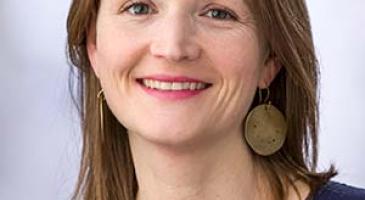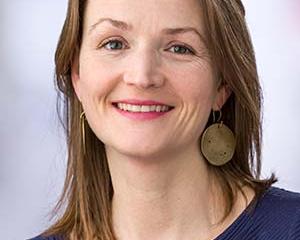Carolyn Hutter (MS ’09 Biostat, PhD ’08 Epi), director of the NHGRI Division of Genome Sciences, is quoted.
Alumni in the News
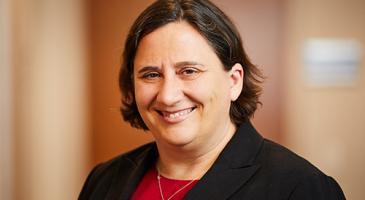
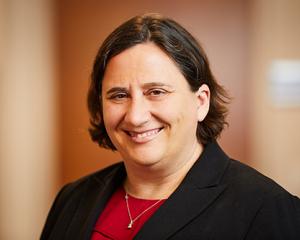
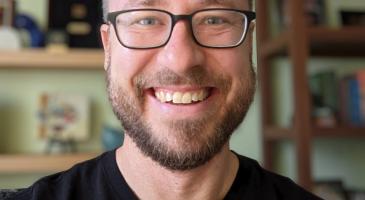
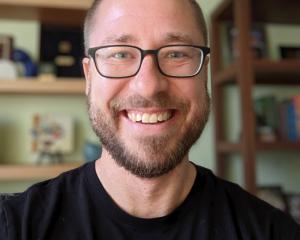
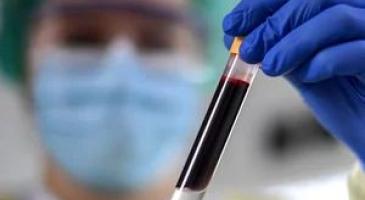
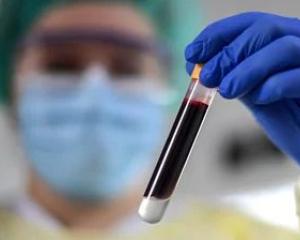
Fred Hutch biostatisticians and UW faculty members Holly Janes and Peter Gilbert spoke with NPR about new evidence that points to antibodies as a reliable indicator of vaccine protection. David Benkeser (PhD, '15) is also quoted.
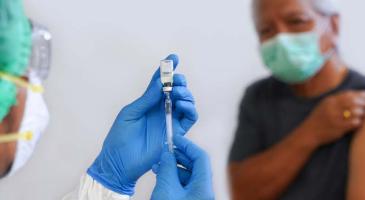
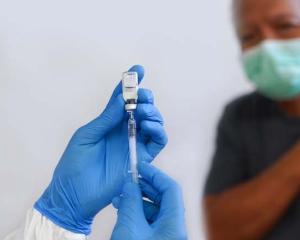
In the race to develop new and better vaccines and boosters to block COVID-19, scientists are eagerly seeking laboratory tests that can measure immune responses to quickly show how well these shots are working, instead of waiting months for results of clinical trials involving tens of thousands of people.
Now, a group of top scientists, including Dr. Peter Gilbert, a biostatistician at Seattle’s Fred Hutchinson Cancer Research Center, are reporting that they have defined such measurements — or correlates of protection — for the widely used Moderna mRNA vaccine.
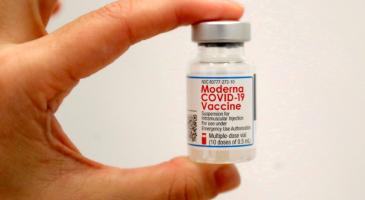
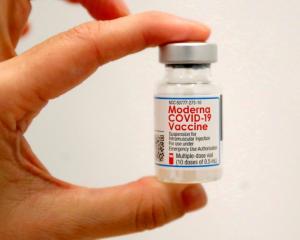
Finding a surrogate measure of efficacy should speed regulators' decisions on vaccine approval even without large placebo-controlled studies, which could be impracticable to carry out if vaccines become widely available, said Peter Gilbert, a researcher at Fred Hutchinson and an author of the recent study.
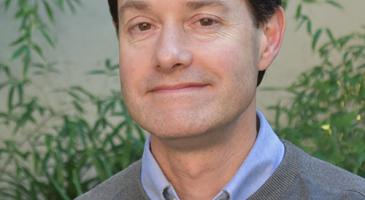
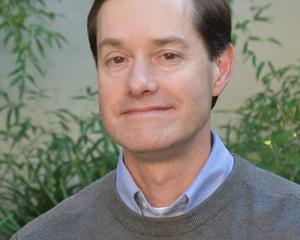
Eagerly anticipated new research pinpoints antibodies scientists can test for to see if a COVID-19 vaccine is effective. These "correlates of protection" could speed the development of new vaccines or boosters without requiring the enormous clinical trials used to create the first COVID-19 vaccines. This is "the Holy Grail" in terms of vaccines, and one that hasn't yet been set for the virus that causes COVID-19, said Peter Gilbert, co-author of the study posted August 10 to medRxiv and a UW research professor of biostatistics.
Fred Hutch researcher and UW Biostatistics alum Elizabeth Krantz (MS, '00) co-led a project that examined how much protection cancer patients have against measles and mumps. "Our findings really emphasize the need to increase immunity at the community level, particularly among health care workers or caregivers who have frequent contact with cancer patients."
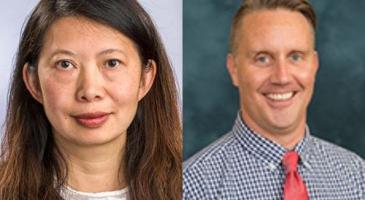



"Think of the vaccine as a sieve and different variants as pebbles poured into the sieve: the vaccine will block some variants but allow others to pass through, and sieve analysis learns which variants make it through." — Peter Gilbert, biostatistician at the Fred Hutch Vaccine and Infectious Disease and Public Health Sciences Divisions and a UW research professor of biostatistics.
